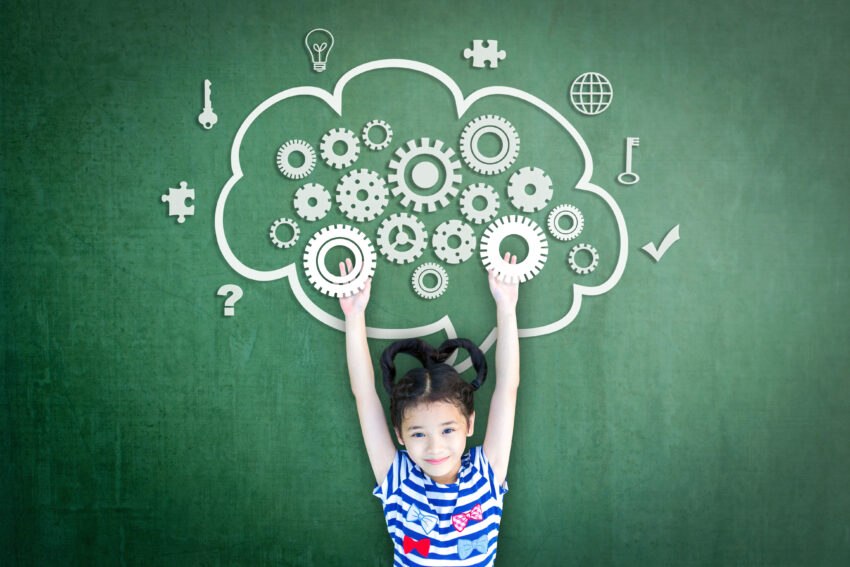If you are interested in child development, then you may have heard the terms “child psychologist” and “developmental child psychologist.”
However, if you aren’t sure about the differences between these terms, this article will explore what separates them and how they are best implemented.
What is a Child Psychology?
Child psychology is one of the primary branches of psychology. This sector studies the mind and behavior of children from the prenatal development stages to adolescence. In essence, child psychology analyzes how children grow physically and how they developmentally, emotionally, and socially.
What is a Child Psychologist?
There are a variety of child psychologists who can work in private practices, in academic settings, or with healthcare professionals. Since child psychology is a broader branch of psychology, there are many ways in which these professionals can specialize. They may work in the court system, daycares, schools, government organizations, hospitals, or research institutions.
Many top child psychologists will have the following core skills and competencies:
- Strong Communication
- Good Observers
- Adept at Complex Problem-Solving
- Analytical
- Trustworthy
- Patient
- Empathetic
- Motivated to Help Young People
In addition, child psychologists can have various concentrations, especially these main three specialties:
- Adolescent Psychology
- Developmental Child Psychology
- Abnormal Child Psychologist
Developmental Psychology
Developmental Psychologists work in a specific branch of child psychology, Developmental Child Psychology. This sector analyzes the physical, mental, and social changes that happen during a young person’s lifecycle. Essentially, child psychologists study these changes from a person’s birth to adolescence.
What is a Developmental Psychologist?
Psychologists who work in Developmental Psychology will create assessments, intervention, and consulting services for children from birth to school-age entry who are experiencing developmental delays or at risk for them.
This type of psychologist may implement various tests for a child as part of an assessment plan to determine where the child is during their development. In addition, the psychologist may provide intervention and recommend activities that will help with a young person’s home, school, and social life. Intervention can also be used one-on-one with the child to identify which skill areas need improvement.
Child Psychologists, in general, assess many different areas of development; however, a developmental psychologist is primarily focused on cognitive development and behavior.
These psychologists will also work with an interdisciplinary team, including healthcare professionals, and consult with other services to offer coordinated service to clients.
Even though many services can be provided in a clinic setting, many Child Psychologists offer home therapy programs for children who have a Healthcare variety of diagnoses regarding development.
In essence, these psychologists are members of the Child Development Team, where they are actively involved in the assessment process.
How Do People Become Child Psychologists or Developmental Psychologists?
Becoming a child psychologist or developmental child psychologist requires at minimum a master’s degree, with a focus or major in child development or clinical psychology. In addition, many psychologists need a Ph.D., focusing on research, or a Psy.D., with a focus on clinical practice. At the master’s level, clinical internships and practicums will be incorporated into a standard curriculum. Finally, psychologists will require post-internship experience, an apprenticeship, or fieldwork to obtain professional certification and/or licensure to specialize in this field.
In Summary
To sum up, the differences between the concepts of child psychology and child development include:
- In child psychology, the psychologist analyzes the physical, mental, social, and emotional development of a child during the prenatal stage up to the end of the teenage years.
- In child development, the psychologist also studies the child’s physical, mental, and emotional growth.
The main difference:
- Child development is just one area of developmental psychology, whereas child psychology is an entire sub-discipline.
The approach of the psychologists:
- In development psychology, the approach the psychologists use to study child development is broader than in child psychology.


